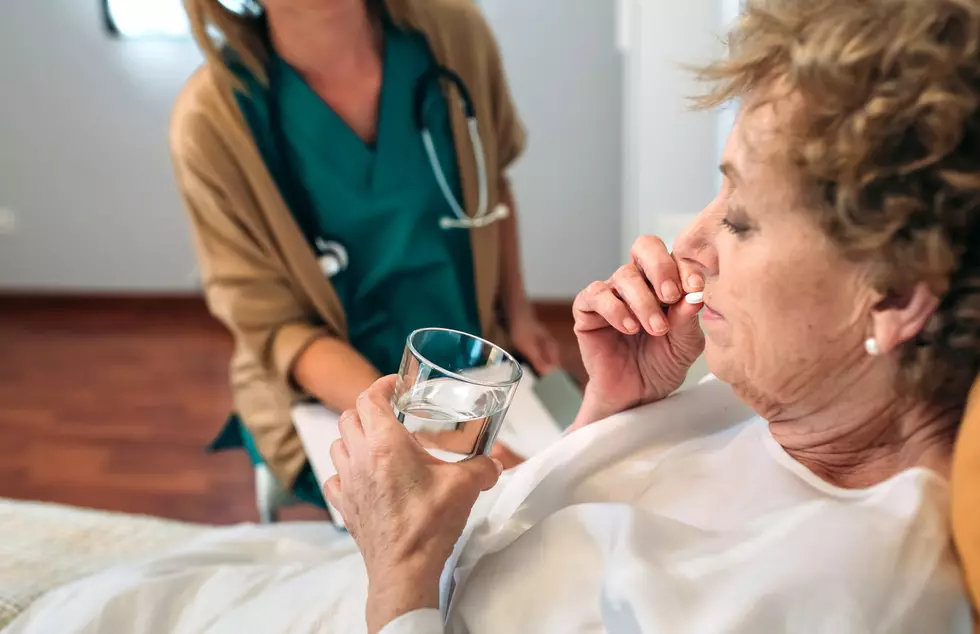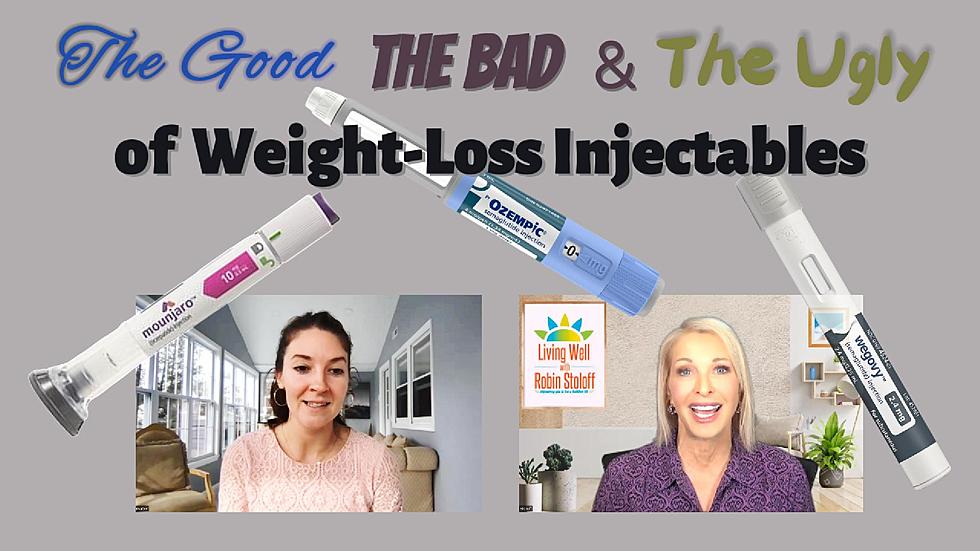
Antibiotic Resistance: Germs that Learn
When we need an antibiotic, our doctors often warn us to take every single dose, even if we start to feel better. Why do our doctors emphasize this so much? Well, the short answer is so that we don’t develop antibiotic resistance. When we don’t finish a prescription of antibiotics, we run the risk of the infection coming back and coming back smarter. It is a common misconception that this term refers to the body becoming resistant to antibiotics. What actually happens is that the bacteria become resistant to the antibiotics designed to kill them, and it can be an extremely serious problem.
Antibiotics save millions of lives each year by fighting off bacterial infections. They have been the backbone of medicine, yet many of us take them for granted. With the global spread of bacterial superbugs, more and more infections are now much harder—or even impossible—to treat with antibiotics. In fact, antibiotic resistance has been identified as a top health crisis by the Centers for Disease Control and Prevention and the World Health Organization.
Antibiotic resistance happens when germs like bacteria and fungi develop the ability to survive antibiotic medicines. This allows the germs to spread throughout the body further. Infections caused by antibiotic-resistant germs are difficult and sometimes impossible to treat. Unfortunately, antibiotic-resistant infections require long periods of time at the hospital, additional follow-up doctor visits, and expensive, toxic alternatives.
So how does this happen? As previously stated, not finishing an antibiotic prescription is a big cause. By exposing bacteria to small doses of an antibiotic, they can sometimes resist its effects and adapt to them. Antibiotic resistance can also happen when we don’t take them at the prescribed time. That’s because a specified amount of the antibiotic needs to be inside your body for a certain length of time to fight infection. Taking old antibiotics is also a big cause of antibiotic resistance. Once antibiotics have expired, their effectiveness is diminished enough so that bacteria can survive and adapt.
Antibiotic resistance not only has the potential to affect people at any stage of life, but it can also impact the healthcare, veterinary, and agriculture industries, making it one of the world’s most urgent public health problems. The CDC reports that about 2.8 million Americans are infected with antibiotic-resistant germs each year, leading to more than 35,000 deaths annually. Antibiotics can be an amazing tool to keep us healthy, but if we misuse them, we might never be able to use them again.
More From Lite 96.9 WFPG









